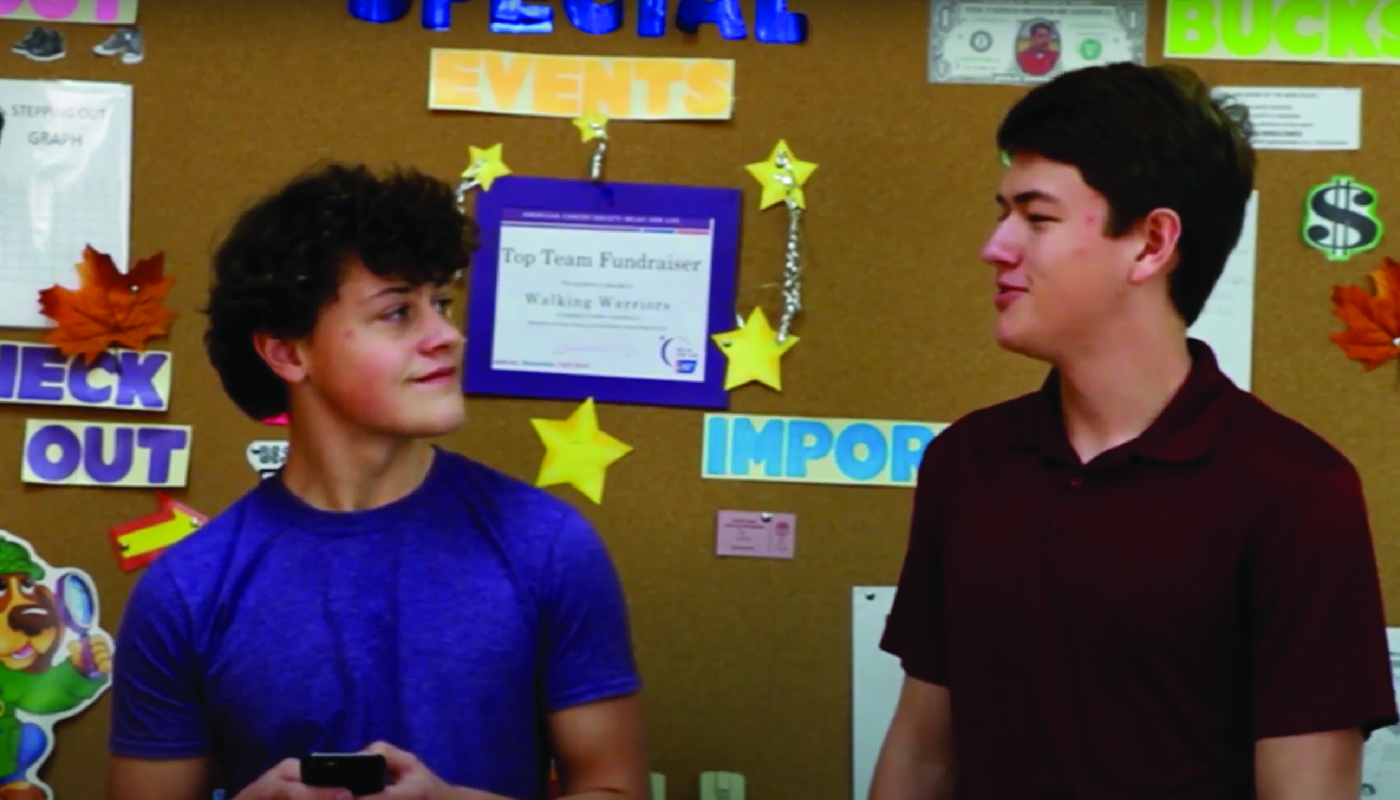
Introduction
Small talk is a fundamental social skill that helps individuals initiate conversations, build connections, and establish rapport with others. It is a brief, polite conversation that covers light topics such as recent events, shared interests, and personal experiences. For students, mastering the art of small talk can improve their social-emotional learning, enhance their communication skills, and foster a sense of belonging in various social settings. In this blog post, we will discuss a no-prep activity for educators to teach small talk effectively, as well as provide discussion questions, related skills, and next steps to support students in their social-emotional development.
No-Prep Activity
The “Small Talk Scenarios” activity is an excellent way to help students practice small talk without requiring any preparation or materials from the educator. To conduct this activity, follow these simple steps:
- Divide the students into pairs or small groups.
- Provide each group with a common situation where small talk is appropriate, such as meeting a new classmate, talking to a neighbor, or waiting in line at the cafeteria.
- Encourage students to take turns initiating a conversation using small talk. They should discuss light topics and ask each other questions about their feelings, recent experiences, or shared interests.
- After a few minutes, ask the groups to switch scenarios and practice again.
- Conclude the activity by discussing the importance of small talk in forming connections and building relationships with others.
This activity allows students to practice their small talk skills in a safe, structured environment, while also providing them with the opportunity to develop their listening and empathy skills.
Discussion Questions
To stimulate further discussions about small talk and its significance in social-emotional learning, consider posing the following questions to your students:
- Why do you think small talk is important in building connections with others?
- Can you think of a time when small talk helped you form a new friendship or bond with someone? Share your experience.
- What are some common topics for small talk? Why do you think these topics are popular?
- How can practicing small talk help you become a better listener and communicator?
- What challenges might someone face when trying to engage in small talk? How can we overcome these challenges?
Related Skills
In addition to small talk, there are several other relevant skills that can help students enhance their social-emotional learning and improve their communication abilities. Some of these skills include:
- Active listening: Focusing on the speaker, understanding their message, and providing appropriate feedback.
- Empathy: Understanding and sharing the feelings of others, and responding with care and support.
- Nonverbal communication: Interpreting and using body language, facial expressions, and gestures effectively.
- Conflict resolution: Addressing disagreements or misunderstandings in a constructive manner.
- Collaboration: Working together with others to achieve a common goal or complete a task.
Next Steps
If you’re interested in exploring more activities and resources to support your students’ social-emotional learning, we encourage you to sign up for free samples of the discussed skill and others at Everyday Speech. By incorporating these materials into your teaching, you can help your students develop essential social skills and foster a positive learning environment for everyone.

